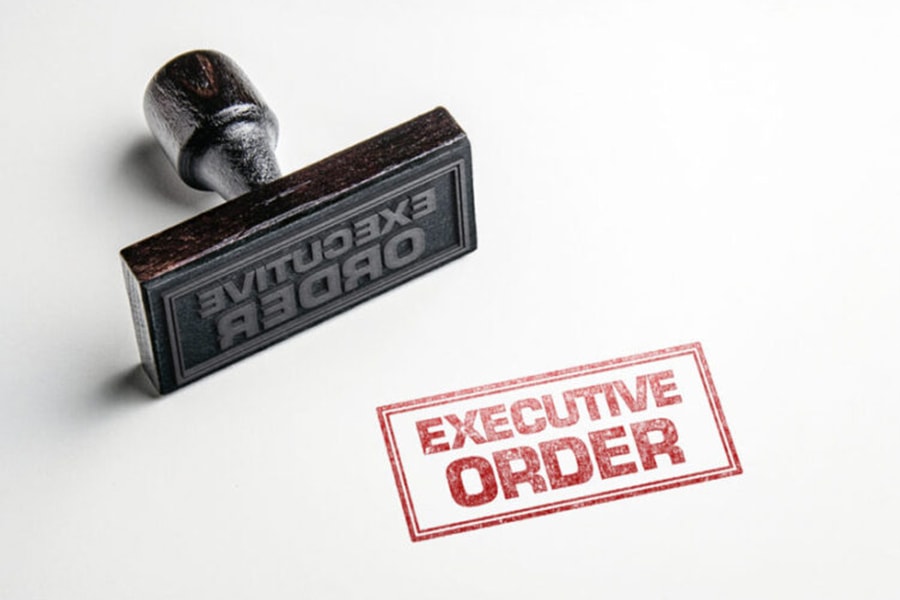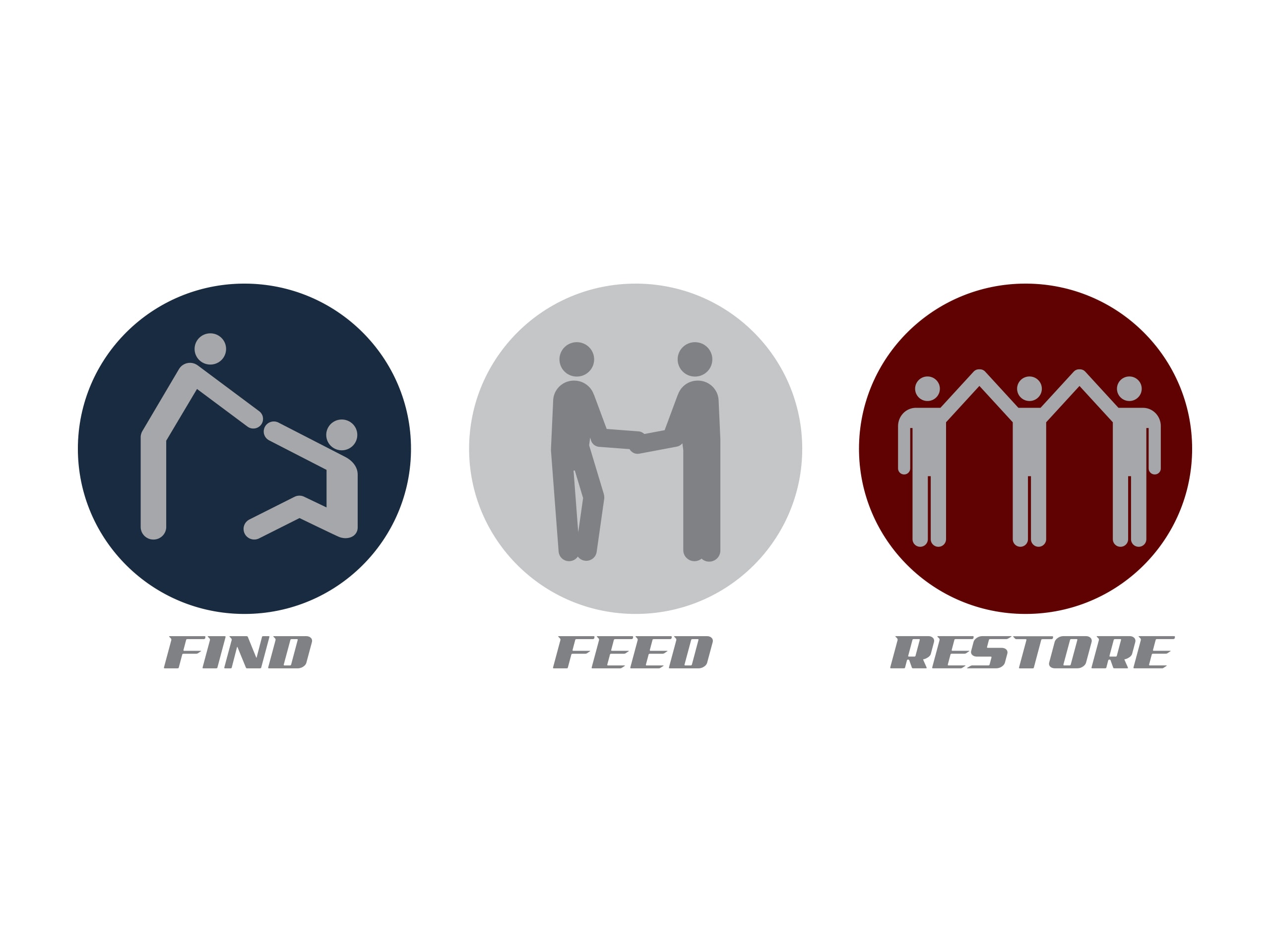Death And Taxes
Happy New Year everyone!
As the old saying goes there are two things that are definite, death and taxes. Therefore, this month I thought it would be a good idea to talk about taxes once a family member passes. Not that I want to bring anyone down, but I find more people need to know what they should do when the time comes.
Tax Return For When Someone Passes
When someone passes you still need to file a tax return, their final tax return, which is due April 15th following the year of death. I always suggest processing their final return even if their income is not sufficient. If you do not want to do that, I would then suggest sending a copy of the death certificate to the IRS. This way you notify the IRS that they passed and they will know if someone steals their identity.
If there are tax returns that were never filed, you need to file and if owed, pay. If there is a refund you can claim it.
When filing their final return, you only need to report income earned between the beginning of the year and the date of death. Income is taxed either on the taxpayer’s final return or on the return of the beneficiary who acquires the right to receive the income. For example, a taxpayer, who had substantial amount of money in high yield saving accounts, dies on June 30th. Only interest earned up to that date would be reported on the final tax return. Earnings after that date are taxable to the beneficiary of the account or to the estate.
Estate Tax Return
You may have to file an estate tax return as well. Any income generated after death will be part of the person’s estate and will be subject to income taxes. The estate’s first income-tax year begins immediately after death. The tax year-end can be Dec. 31 or the end of any other month that results in an initial tax period of 12 months or less.
If you do have an estate, but the annual gross income is below $600, you do not need to file an estate return. Estate tax returns are due on April 15th. You also do not need to file an estate return when all of the income-producing assets bypass probate and go straight to the surviving spouse or other heirs, for example, real estate owned jointly with right of survivorship, retirement accounts and IRAs that have designated account beneficiaries and life-insurance proceeds paid directly to designated policy beneficiaries.
If you find that the estate does not have enough assets to pay all of its debts, the debts due to the IRS are to be paid first.
Dealing with the death of a loved one is never easy and having to think about taxes does not make it easier. Just try to remember when you go to file your tax return, you will need to file theirs as well.









